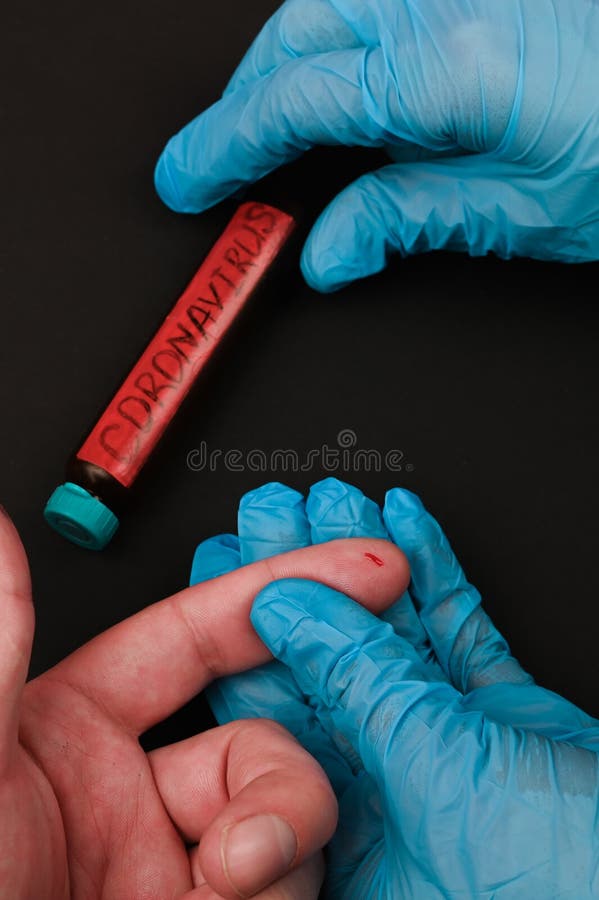

If a medication is the cause of your hypoglycemia, your health care provider will likely suggest adding, changing or stopping the medication or adjusting the dosage. A review of eating habits and food planning with a registered dietitian may help reduce hypoglycemia. Depending on the cause, treatment may involve: Preventing recurrent hypoglycemia requires your health care provider to identify the condition causing hypoglycemia and treat it.
#Mr shifty i took a sample of your blood how to
If there's no glucagon kit available or you don't know how to use it, call for emergency medical help. If you're helping someone who is unconscious, don't try to give the person food or drink. Family and friends need to know where to find the kit and how to use it in case of emergency. In general, people with diabetes who are treated with insulin should have a glucagon kit for emergencies. For example, if you can't eat, you might need a glucagon injection or intravenous glucose. Hypoglycemia is considered severe if you need help from someone to recover. Immediate treatment of severe hypoglycemia Once your blood sugar is back in the standard range, eating a healthy snack or meal can help prevent another drop in blood sugar and replenish your body's glycogen stores. Repeat these steps until the blood sugar is above 70 mg/dL (3.9 mmol/L). If blood sugar levels are still under 70 mg/dL (3.9 mmol/L), eat or drink another 15 to 20 grams of fast-acting carbohydrate, and recheck your blood sugar level again in 15 minutes. Recheck blood sugar levels 15 minutes after treatment.Try glucose tablets or gel, fruit juice, regular (not diet) soda, honey, or sugary candy. These are sugary foods or drinks without protein or fat that are easily converted to sugar in the body. Eat or drink 15 to 20 grams of fast-acting carbohydrates.If you have hypoglycemia symptoms, do the following: Treatment Immediate hypoglycemia treatment


 0 kommentar(er)
0 kommentar(er)
